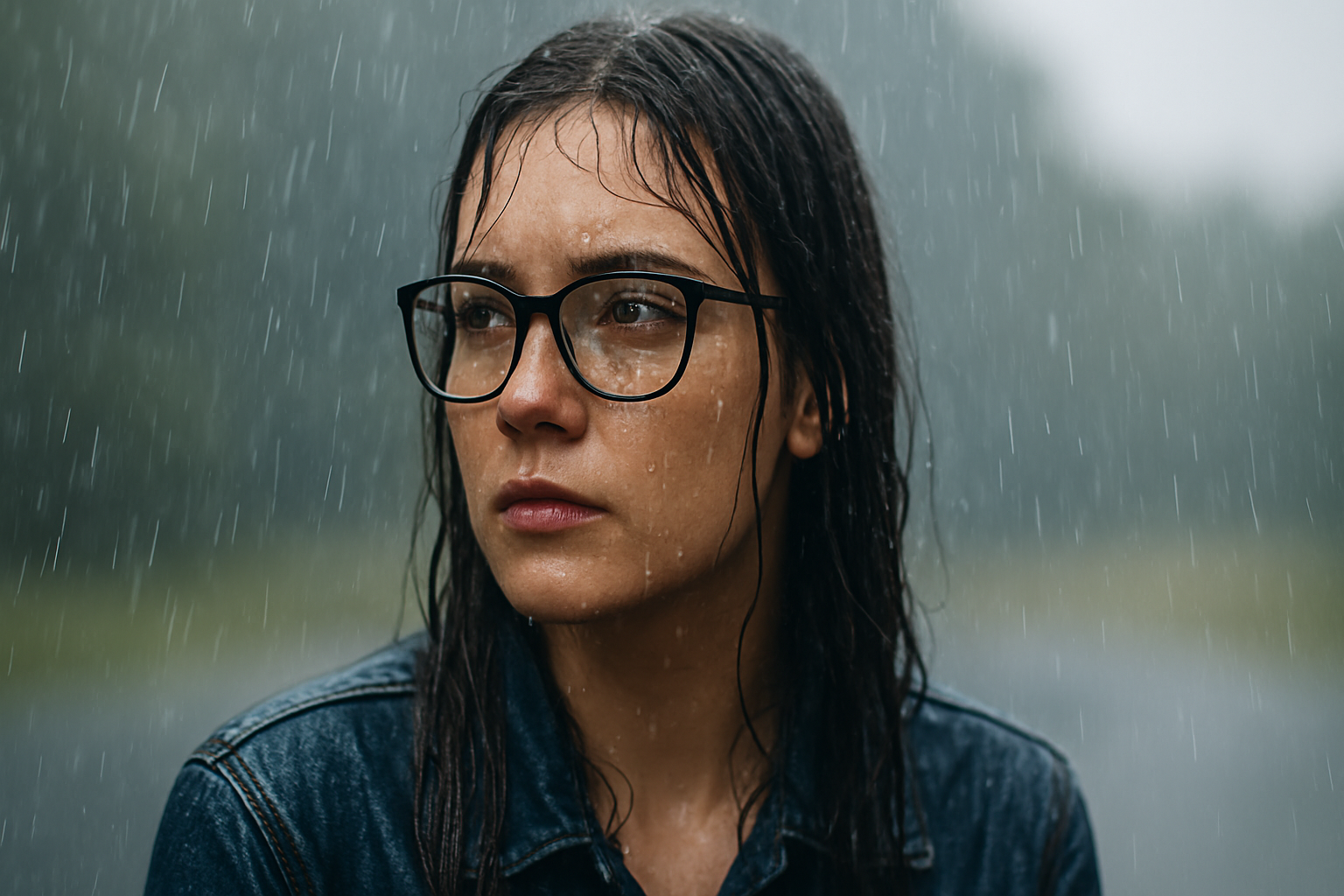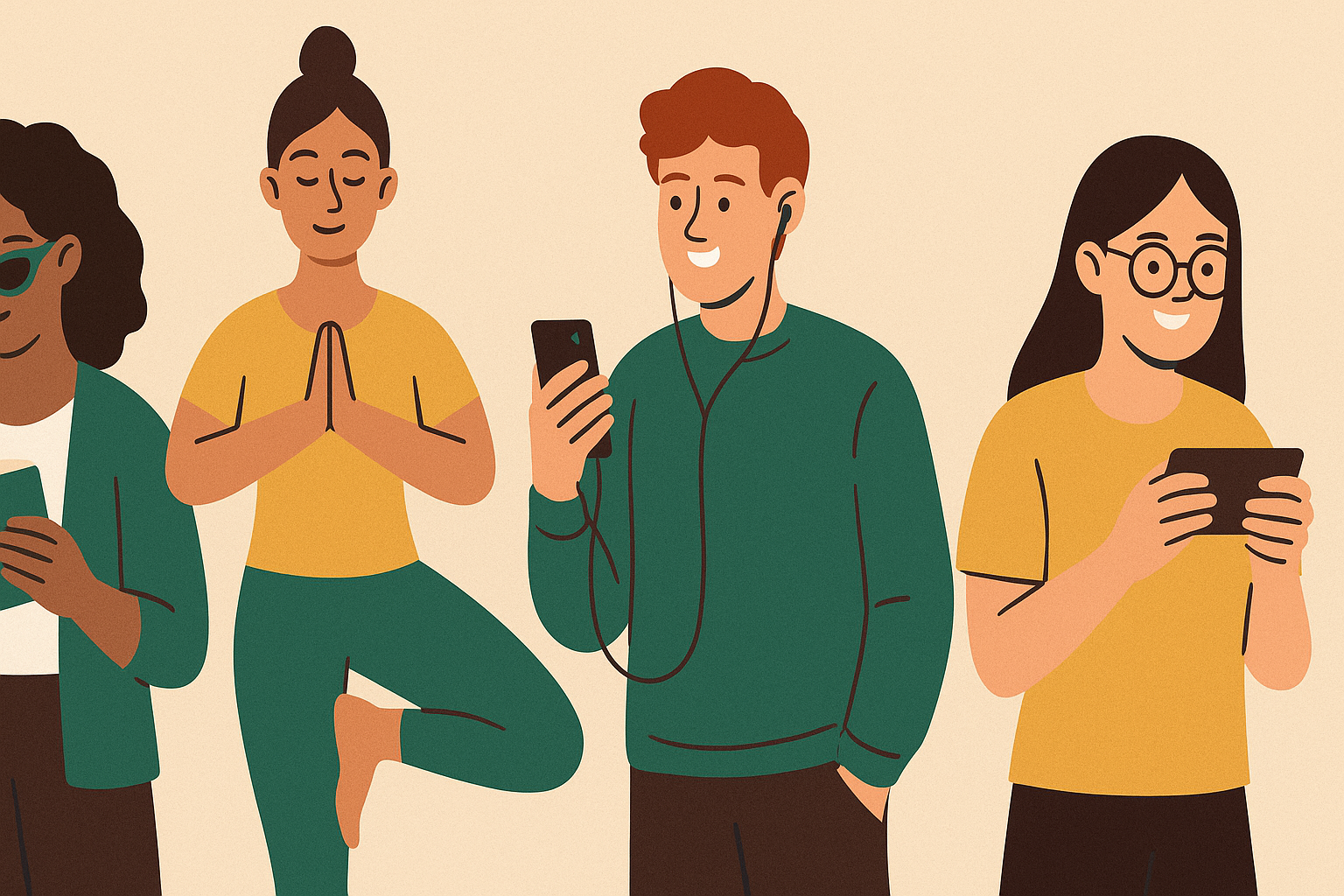
Monsoon Eye Infections: Prevention Tips from Urmil Eye Hospital
By Dr. Dimple Shah, Eye Care Consultant – Urmil Eye Hospital
The monsoon season brings welcome relief from the heat but it also brings with it a rise in infections, especially those affecting the eyes. Humidity, stagnant water, and increased airborne microbes make the environment ideal for bacteria and viruses to thrive.
At Urmil Eye Hospital, we observe a noticeable increase in eye infections during the rainy season. From red, itchy eyes to more serious viral conjunctivitis, most cases are preventable with just a few mindful steps.
In this blog, we’ll walk you through the most common monsoon eye infections and how to protect your eyes during this season of showers.
Common Monsoon-Related Eye Infections
1. Conjunctivitis (Pink Eye) This is the most common infection during monsoons, caused by viruses or bacteria. It spreads rapidly through contact and contaminated surfaces.
Symptoms: Redness, watering, itchiness, sticky discharge, and discomfort.
2. Stye (Eyelid Boil) A stye is a painful, red lump that forms at the edge of the eyelid, often due to bacterial infection or poor hygiene.
3. Fungal Eye Infections Fungal spores thrive in humid environments and can infect corneal tissues, especially if your eyes are exposed to rainwater or you wear contact lenses improperly.
4. Keratitis (Corneal Infection) This can be bacterial, viral, or fungal. It’s often caused by unclean contact lenses or trauma from contaminated water.
Prevention Tips to Keep Your Eyes Safe
1. Wash Your Hands Frequently
Most eye infections are spread through touching the eyes with contaminated hands. Carry a sanitizer and wash your hands with soap regularly.
2. Avoid Touching or Rubbing Your Eyes
Even if your eyes feel itchy, avoid rubbing them. This can worsen the infection or cause it to spread from one eye to the other.
3. Keep Eye Cosmetics Clean
Avoid sharing kajal, eyeliner, or mascara. Dispose of expired or previously used eye makeup that may harbor bacteria.
4. Protect Your Eyes from Rainwater
Rainwater may look clean but often contains pollutants and microbes. If rain gets into your eyes, rinse them with clean, filtered water immediately.
5. Be Cautious with Contact Lenses
If you wear contact lenses:
● Avoid using them during heavy rain or in dusty, humid areas
● Always clean and store lenses as directed
● Never reuse old contact lens solution
● Discontinue use if you experience redness, watering, or discomfort
6. Do Not Self-Medicate
Never use over-the-counter drops or leftover prescriptions without consulting an eye specialist. The wrong medication can worsen the infection or delay healing.
When to See an Eye Doctor
Seek immediate medical attention if you notice any of the following:
● Persistent redness or irritation
● Yellow or green discharge
● Sensitivity to light
● Blurred vision
● Pain in or around the eyes
Early treatment can prevent long-term damage, especially in infections like keratitis which can scar the cornea if untreated.
What We Offer at Urmil Eye Hospital
At Urmil Eye Hospital, we offer:
● Same-day appointments for red or infected eyes
● Specialized care for contact lens related complications
● Anti-infective eye drop prescriptions tailored to your condition
● Patient education on hygiene and preventive eye care
Our goal is not just to treat, but to empower our patients to stay infection free and visually comfortable all season long. Monsoon may bring joy, greenery, and cooler weather but it also brings health risks if you’re not careful. Your eyes are highly sensitive, and the moist conditions of monsoon make them more vulnerable than ever.
By practicing a few simple habits and staying aware, you can enjoy the rains without the risk. When in doubt, trust the experts.
Stay safe, stay dry, and keep your vision clear—this monsoon and beyond.


